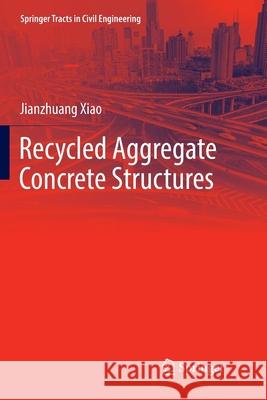Recycled Aggregate Concrete Structures » książka
topmenu
Recycled Aggregate Concrete Structures
ISBN-13: 9783662571705 / Angielski / Miękka / 2018 / 632 str.
Kategorie:
Kategorie BISAC:
Wydawca:
Springer
Seria wydawnicza:
Język:
Angielski
ISBN-13:
9783662571705
Rok wydania:
2018
Wydanie:
Softcover Repri
Ilość stron:
632
Waga:
0.93 kg
Wymiary:
23.39 x 15.6 x 3.45
Oprawa:
Miękka
Wolumenów:
01
Dodatkowe informacje:
Wydanie ilustrowane











